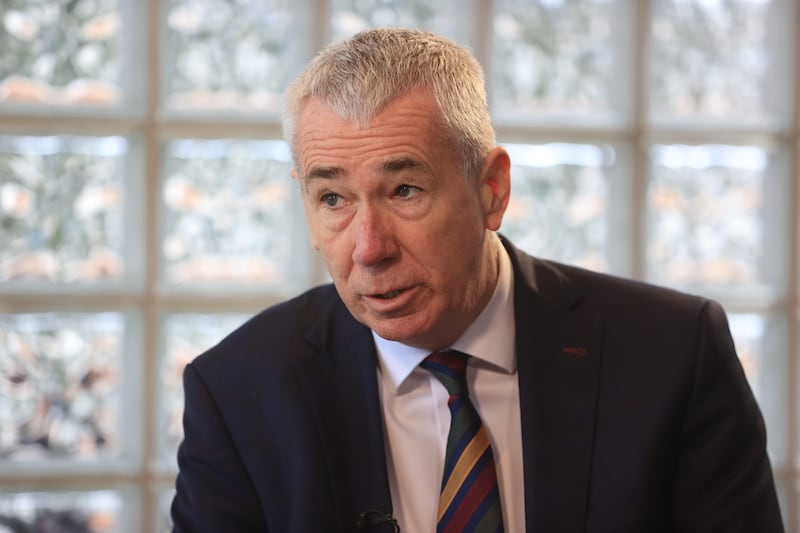The reform of policing in Northern Ireland has been one of the central pillars of the peace process and great care has been taken to put in place structures to ensure accountability, transparency and fairness, all designed to increase public confidence in the PSNI.
That is not to say the transformation is complete. It is not.
The premature ending of 50/50 recruitment and the dissident campaign of violence means that the force is still not fully representative of the population it serves.
Meanwhile, deep misgivings remain about the PSNI's approach to legacy cases.
Last week's revelations about its failure to disclose significant information to the Police Ombudsman was undoubtedly damaging to public confidence in the PSNI and comes after previous concerns in relation to how the service deals with sensitive and contentious issues.
The PSNI was forced to defend itself amid widespread criticism last week and it is absolutely valid for elected representatives to make their views known on matters of this nature.
However, it was unwise for Sinn Féin president Mary Lou McDonald to go beyond legitimate commentary on the non-disclosure of information and express a view on the suitability or otherwise of potential candidates for the post of chief constable.
It is not clear if she was aware her comments risked compromising a selection process which is properly bound by strict fair employment procedures.
Party colleague Gerry Kelly, a member of the Policing Board and someone who may be involved in the appointment of George Hamilton's successor, appeared to see the dangers her remarks represented, stressing that Sinn Féin members would be objective and act on the basis of merit in any process.
The problem is that the party leader has publicly expressed a negative view of the senior PSNI team ahead of an appointment that needs to be seen to be fair, open and free from political interference and that could cause all sorts of difficulties for the Policing Board.







